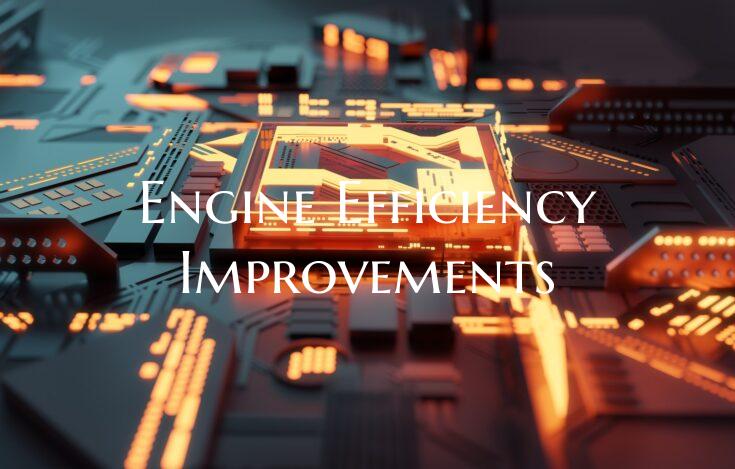Engine Efficiency Improvements
In today's fast-paced world, where energy conservation and environmental sustainability are of utmost importance, enhancing engine efficiency has become a critical focus for industries worldwide. Improving engine efficiency not only helps to reduce fuel consumption and operational costs but also plays a vital role in minimizing harmful emissions and mitigating climate change.
One of the key strategies for boosting engine efficiency is through advancements in combustion technology. Engineers are continually exploring innovative ways to optimize the combustion process to extract more energy from the fuel while producing fewer emissions. This involves incorporating features such as direct injection, turbocharging, and variable valve timing to achieve higher efficiency levels.
Moreover, the development of lightweight materials and sophisticated engine designs has paved the way for enhanced overall performance. By reducing the weight of engine components and minimizing friction within the system, manufacturers can improve fuel economy and power output. Additionally, the integration of electric and hybrid technologies is revolutionizing the automotive industry, offering a greener alternative to traditional combustion engines.
Regular maintenance and adhering to best practices also play a significant role in improving engine efficiency. Keeping engines properly tuned, monitoring performance metrics, and ensuring timely oil changes can all contribute to maintaining optimal efficiency levels over the long term. Implementing preventive maintenance schedules can prevent potential issues and maximize the lifespan of engines, leading to greater efficiency in the long run.
Furthermore, the adoption of smart technologies, such as predictive analytics and real-time monitoring systems, enables operators to track engine performance metrics proactively. By leveraging data-driven insights, businesses can identify areas for improvement, optimize operating conditions, and minimize energy waste, thereby enhancing overall engine efficiency.
In conclusion, continuous innovation and a multifaceted approach are essential for achieving significant engine efficiency improvements. By embracing cutting-edge technologies, adhering to best practices, and prioritizing sustainability, industries can drive towards a future where engines are not only more efficient but also more environmentally friendly. Together, these efforts will pave the way for a more sustainable and energy-efficient world.

